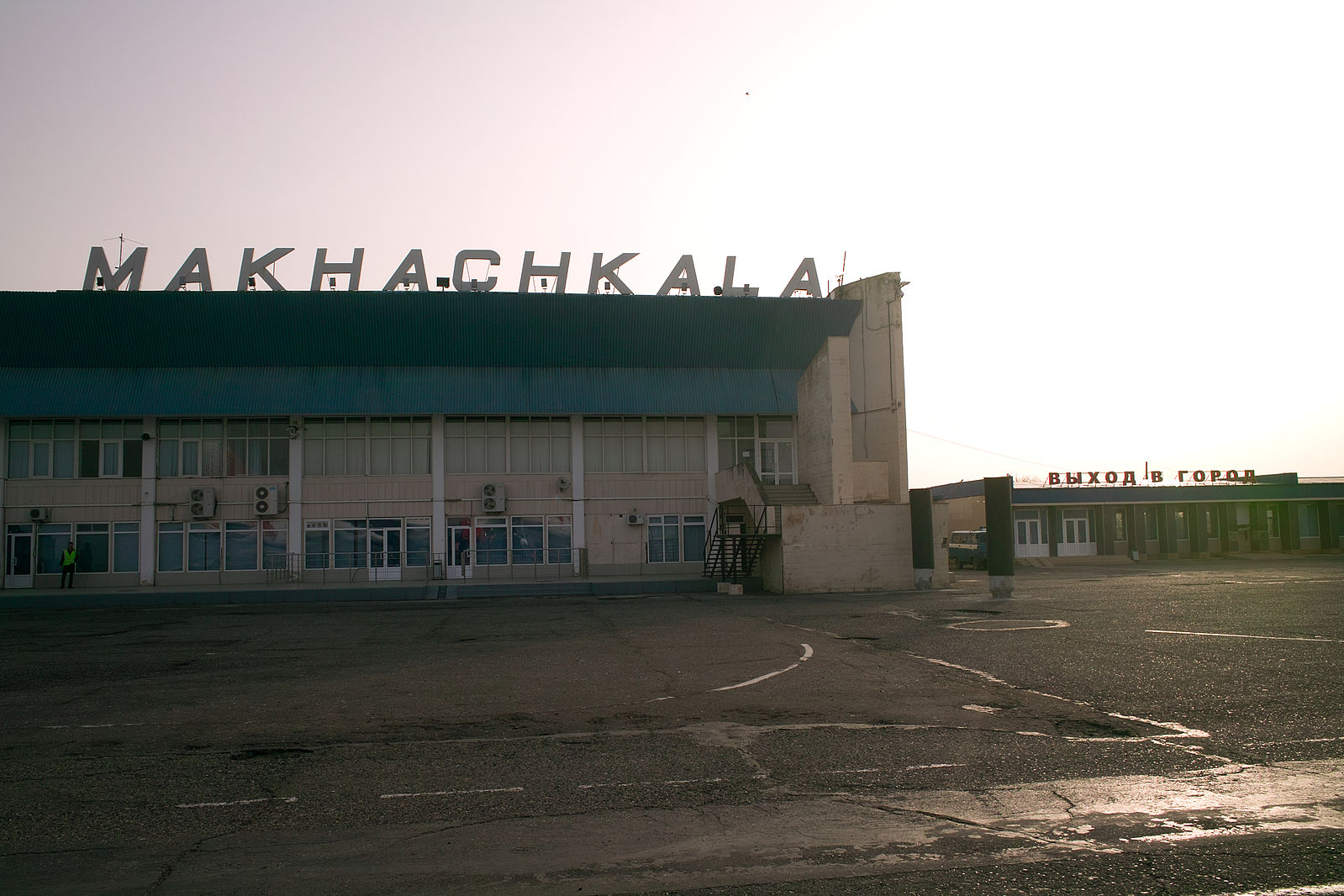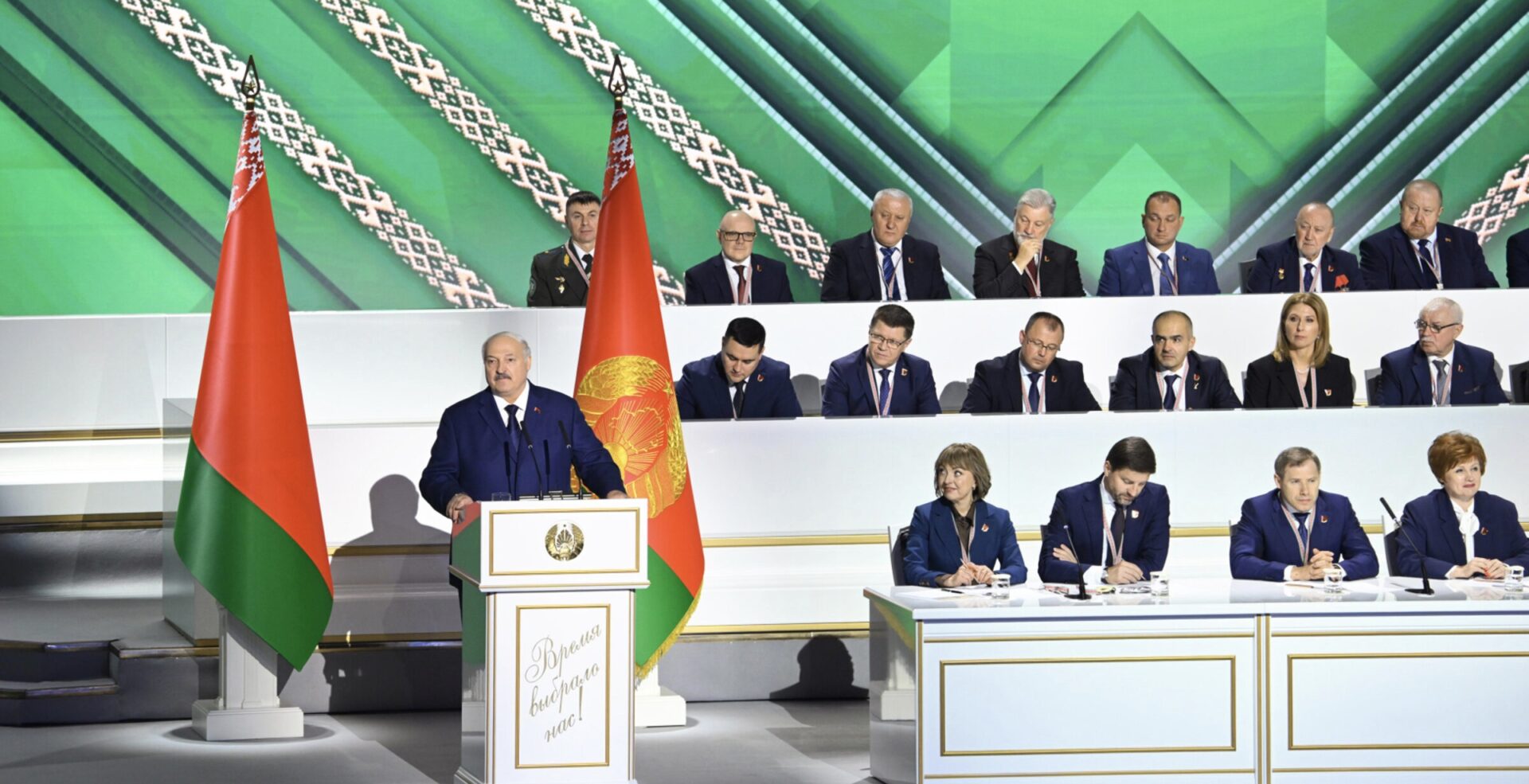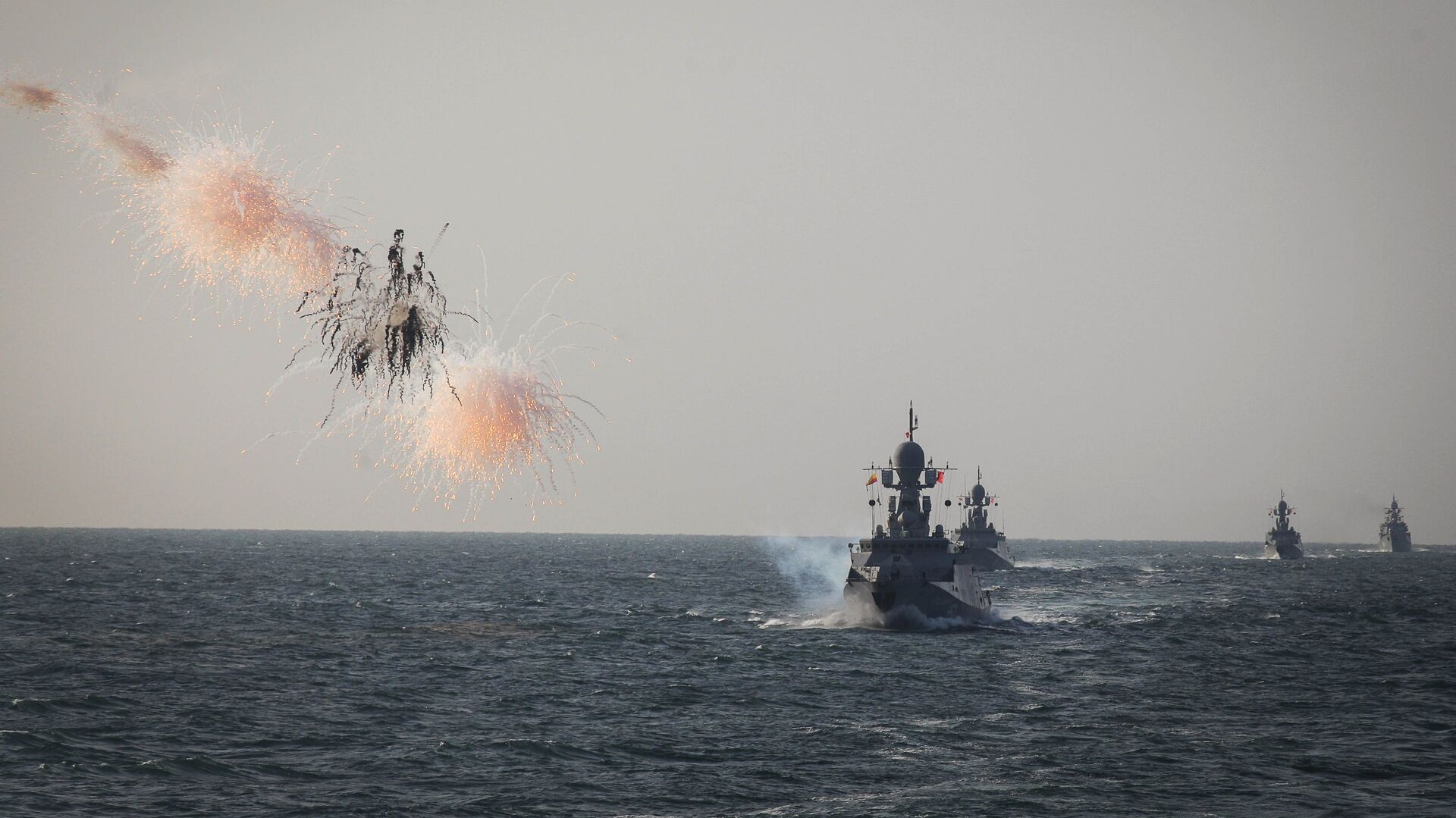
Pogroms in North Caucasus Highlight Fragility of Ethnic Relations in Russia
Pogroms in North Caucasus Highlight Fragility of Ethnic Relations in Russia
For the first time since the Russian Civil War (November 1917–June 1923), commentators in Russia and abroad are applying the word “pogrom” to the startling events in Russia that began at the end of October. These developments took place not only in Dagestan but also elsewhere in the North Caucasus, with most Russian commentators using the term freely. A US State Department spokesperson even said directly that these events “look like a pogrom to me” (Radio Free Europe/Radio Liberty, October 30). Russian President Vladimir Putin and regime officials are blaming outside agitation from Ukraine and the West for what is happening. They demand that local officials take harsh measures to suppress such actions (Lenta.ru, October 30). Independent analyst argue that the Kremlin itself is to blame. Some even suggest that Putin’s own people promoted these pogroms, hoping to distract attention from Moscow’s failures at home and abroad (Echofm.online, October 29 [1], [2]). These commentators are pointing out just how fragile ethnic relations now are in the Russian Federation, given the regime’s support for Hamas and its incitement of ethnic hatred in the course of the war against Ukraine. They suggest that the smallest spark could enflame the entire country, including in Moscow, where Muslims number a quarter of the population. Such a spark would threaten the Kremlin’s control and likely force the Putin regime to impose even more draconian controls to maintain power (RFI, October 27; Echofm.online, October 29; Kasparov.ru, October 30).
The events in Dagestan on October 29 have attracted the most attention. Hundreds of people in the region carried Palestinian flags and anti-Israeli posters while occupying the Makhachkala airport. They eventually forced their way onto the airfield in an attempt to block any Jews from Israel being relocated there. The local authorities brought in Special Purpose Mobile Unit, or OMON, troops, who brutally suppressed the protest, arresting dozens and sending some to the hospital. Initially, the Kremlin said nothing. International outrage over this outburst of anti-Semitism and fears in Moscow that it could threaten the country as a whole eventually forced Putin to convene a meeting with senior security officials. The Kremlin leader attempted to present the events at the airport as a one-time occurrence. He also launched on a tirade against Ukraine and the West for supposedly instigating this effort to destabilize Russia and demanded that regional officials ensure that the guilty be identified and punished (Kasparov.ru/; Novye Izvestiya, October 29; Svabodnaya Pressa; Novaya gazeta; Lenta.ru, October 30).
Unfortunately, this revival of anti-Semitism was not exclusive to Dagestan. Most observers in Moscow and the West have focused exclusively on what happened in Makhachkala. Over the past several days, however, similar actions have been carried out elsewhere in the North Caucasus that appear to reflect many of the same attitudes and have the potential to grow into pogroms. In Khasavyurt, another Dagestani city, residents surrounded a local hotel and demanded that the owner refuse to rent rooms to Jews and Israelis. The hotel initially agreed to their demands. Other protesters demanded the expulsion of Jews from the republic (Publizist.ru, October 29; Rosbalt; Svabodnaya Pressa, October 30). That demand was echoed in Makhachkala and other cities in the North Caucasus, prompting Jews there to fear they might have to evacuate or even flee (Novaya gazeta; Podyom, October 29). In the capitals of other North Caucasus republics, anti-Israeli and anti-Semitic protests also broke out, though these appear to have been smaller and did not lead to the kind of repressive actions that occurred in Dagestan (Kommersant; RIA Novosti, October 29; Svabodnaya Pressa; Rosbalt, October 30).
Some may be inclined to view these protests and pogroms as marginal, given that they have occurred only in the North Caucasus up to now. These views include the idea that the protests are a reflection of the attitudes of those Muslims already unhappy with what is going on in the Middle East and upset with Moscow about increased repression (Newizv.ru, October 24). Others may view them as being caused by the outgrowth of local and regional protests in Dagestan over issues involving the collapse of infrastructure and the failure of the Russian government to respond to demands for improving quality of life (Window on Eurasia, August 20, 30).
This view would be a grave mistake for three reasons. First, these sentiments suggest that the pogroms are only about Muslim attitudes and not those of Russians more generally. Second, they imply that the Russian authorities are not heavily responsible for what has taken place. Third, this outlook creates the impression that such actions will not spread beyond the North Caucasus, or at least beyond the predominantly Muslim regions of Russia.
Three prominent Russian commentators call attention to why such a perspective is wrong. Lev Shlosberg, an opposition politician and historian, says that “the outburst of anti-Semitism in Dagestan shows just how illusory the idea of ‘civil peace’ is in Russia.” He argues that this is not just about Muslims but “concerns everyone without exception” (Echofm.online, October 29). According to Shlosberg, pictures from the Makhachkala airport show that “there is no inter-ethnic peace or peace in general in Russia right now” and that what is happening in the North Caucasus may very well spread. He points to four official actions that have enflamed this threat: the Kremlin’s failure to condemn Hamas, which legitimized the terrorist organization; the Putin regime’s repression of all opposition and media so the leadership does not know or respond to how the Russian population is reacting; the lack of attention to the North Caucasus; and the willingness to support local warlords such as Ramzan Kadyrov.
Alexander Rodnyansky, a movie producer and occasional commentator, adds that the recent developments in Dagestan and the wider North Caucasus are the product of the Putin regime’s unrelenting promotion of ethnic hatred and its support for terrorism. The blame for these pogroms, consequently, falls squarely on Putin and his team. “In a country that says it is seeking to ‘de-Nazify’ its neighbors, Moscow is leading pogroms at home,” with the usual causes being Kremlin ignorance and the poverty of the peoples the regime seemingly does not care about (Echofm.online, October 30).
Anatoly Nesmiyan, who blogs under the screen name “El Murid,” says the Putin regime’s readiness to blame others for the pogroms and its unwillingness to admit its own culpability will only make things worse (Kasparov.ru, October 30).
Moscow has backed itself into a corner in trying to protect its image and eschewing any responsibility for unrest in Russia. The Putin regime left itself virtually no options in this situation. If it increases repression, it may trigger a societal explosion. If it does not, it risks losing control of the situation. The Makhachkala pogrom must be a wake-up call for the regime, the Russian people, and the world.


